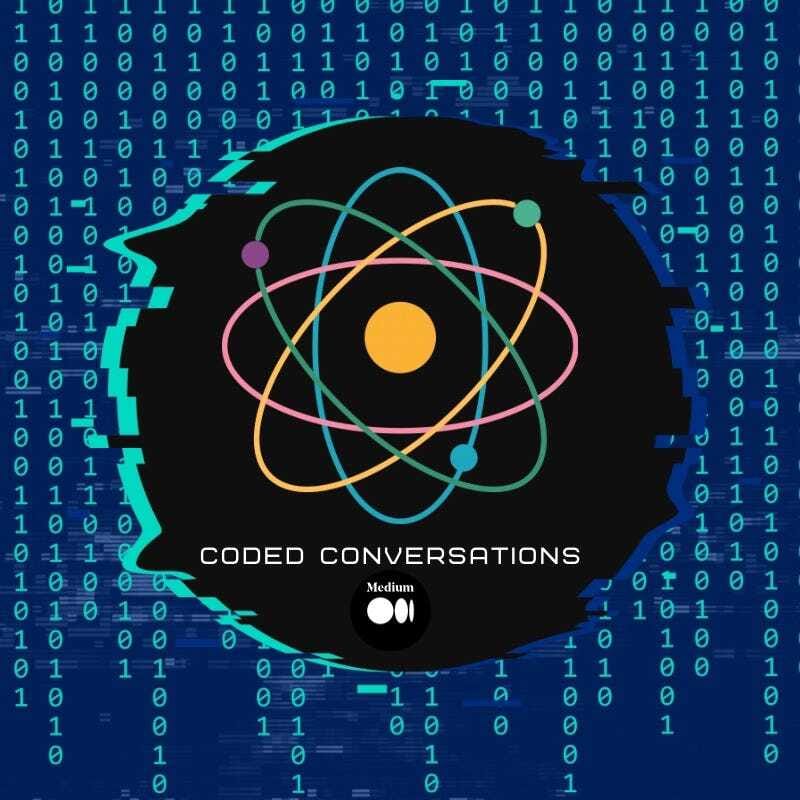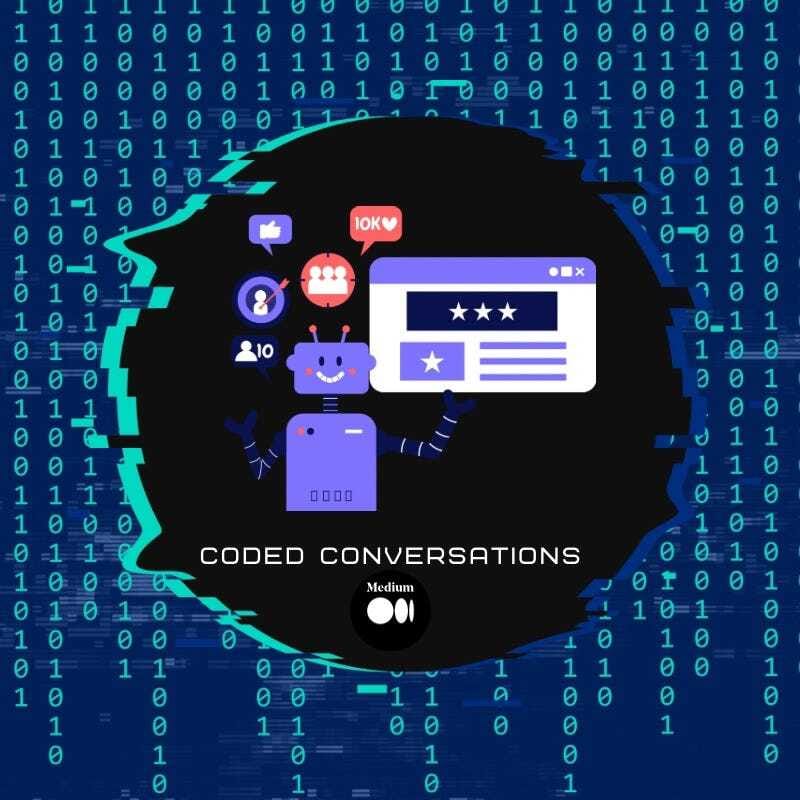A look into the Convergence of Two Revolutionary Technologies
“In a quantum world, AI doesn’t just evolve; it leaps.” — Dr. Alan Turing

Imagine a computer so powerful it could process all the world’s data in the blink of an eye, and an intelligence so profound it rivals human cognition. Now, imagine them fusing together. Welcome to the cutting-edge intersection of AI and Quantum Computing — a technological dance where the impossible is being redefined.
Artificial Intelligence and Quantum Computing — two domains, both complex and mysterious in their own right. Looking into their interconnected paths and you’ll find an intricate dance, a symbiotic relationship promising to redefine our understanding of computation. In the endless race of technological advancement, standing at the intersection of AI and Quantum Computing might just be our most thrilling position yet.
With AI’s capability to mimic human intelligence, interpret patterns, and make decisions, it’s become an integral part of our daily lives. Quantum Computing, meanwhile, remains enigmatic, with its super-fast calculations and potential to solve problems deemed unsolvable by traditional means.
But what happens when these two powerhouses meet? It’s an alliance that can potentially lead to faster AI model training, groundbreaking algorithms, and the ability to tackle problems we’ve not yet dreamt of addressing. This marriage between AI and Quantum is not just the future — it’s our present, and understanding its nuances is crucial for any tech enthusiast, professional, or visionary.
AI (Artificial Intelligence)

AI is a field of computer science that aims to create machines that can perform tasks requiring human-like intelligence. This includes tasks like pattern recognition, decision-making, language translation, and game playing.
At its core, most modern AI systems use algorithms to identify patterns in data. Machine Learning (ML), a subset of AI, involves training models on vast amounts of data so that they can make predictions or decisions without being explicitly programmed for that task.
Quantum Computing

Quantum computing harnesses the principles of quantum mechanics, a fundamental theory in physics, to process information. Unlike classical bits, which can be 0 or 1, quantum bits (qubits) can exist in a superposition of both states simultaneously.
Quantum computers exploit phenomena like superposition and entanglement to perform calculations at speeds unimaginable with classical computers. They can potentially solve certain complex problems (e.g., factoring large numbers or searching databases) much faster than classical counterparts.
How AI and Quantum Computing Work Together

Speeding up training: Training AI models, especially deep neural networks, requires significant computational power. Quantum computers could potentially speed up this process, making it more efficient to train complex models.
Solving complex problems: Some problems that are intractable for classical computers (and hence for AI running on them) might be solvable using quantum algorithms.
Quantum-enhanced machine learning: Quantum algorithms can be used to design new types of machine learning models that take advantage of quantum properties, leading to potentially better performance or capabilities.
Differentiation
Basis: While AI focuses on algorithms and models that mimic human intelligence, quantum computing is about harnessing the principles of quantum mechanics to compute.
Applications: AI is used broadly across sectors like healthcare, finance, and entertainment, among others. Quantum computing is still largely experimental and has niche applications, though its potential is vast.
Hardware: AI can run on classical computer systems, though often with specialized hardware like GPUs. Quantum computers, on the other hand, require extremely controlled environments to manage qubits, like extreme cold or vacuum chambers.
In summary, as you navigate the ever-evolving landscape of technology, pause and ponder over the alliance of AI and Quantum Computing. It’s not just about faster computers or smarter algorithms; it’s about envisioning a world of possibilities, untapped potential, and a future that’s unfathomably exciting. So, the next time you hear about a quantum leap in AI, know that it’s not just a phrase, but a testament to our technological evolution.